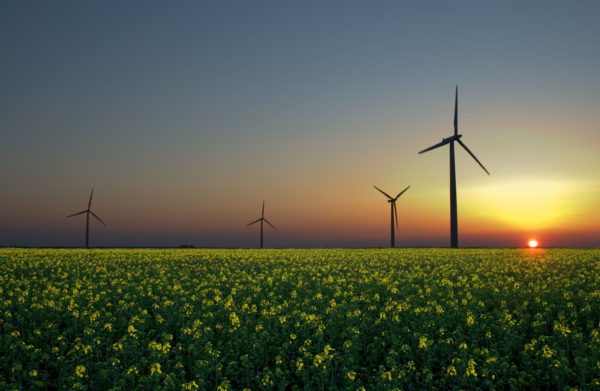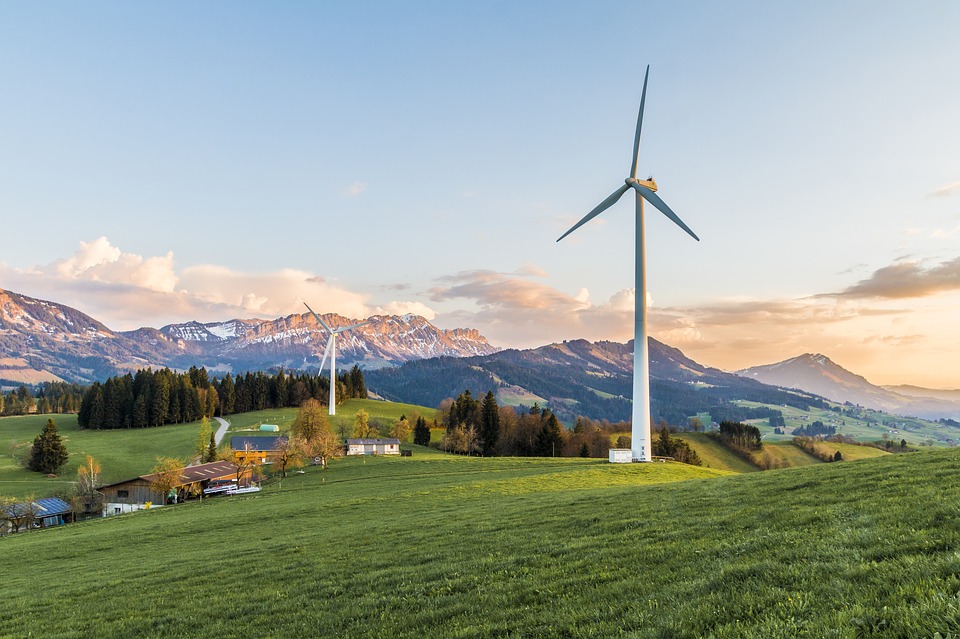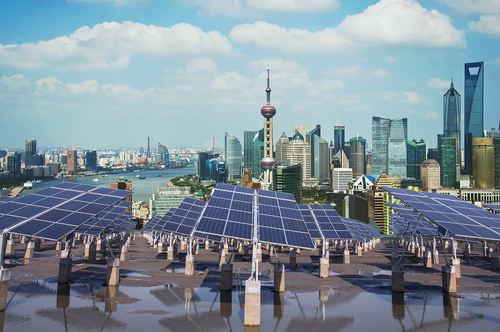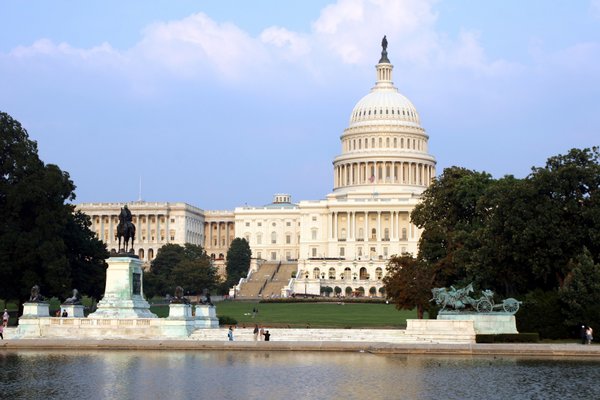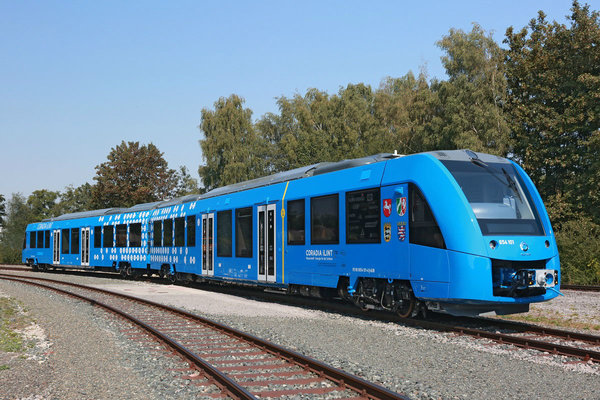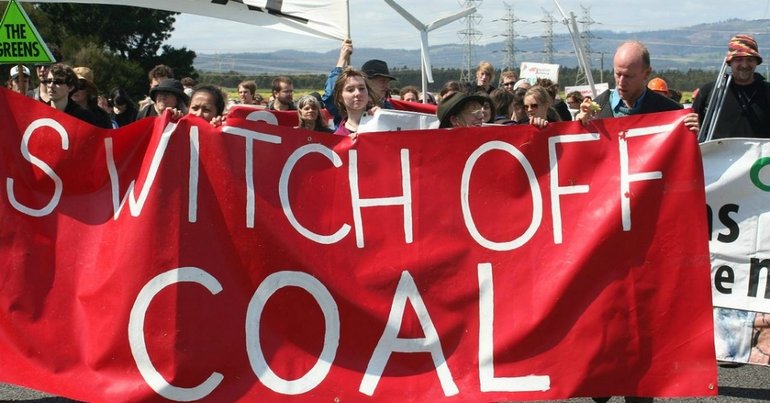California will require that new homes include their own solar panels beginning in 2020, state officials announced Wednesday in the latest step to position the state as the leader in clean energy.
Continue reading... →There is some good news in regards to widespread renewable power in the United States. In 2017, 94.7 percent of new electric capacity generated in the country is from renewable energy sources, Engadget reports. On the surface this seems like good news, but it’s actually a mixed bag. While renewable energy appears to be on the rise, it is in large part due to the decline of coal.
According to Electrek, renewable energy sources provided 15.8GW out of 16.7GW of U.S. generating capacity, but the amount of energy created by utility scale fossil fuel production fell by 11.8GW as coal plants closed.
Continue reading... →A new International Energy Agency report contains some startling findings about solar energy dominance and its future. The study found that renewables comprised 66% of all new net electricity capacity additions in 2016. Two-thirds of added capacity, in other words, consisted of photovoltaic solar cells, wind turbines and biofuels. 165 gigawatts of new solar was added in 2016. In 2016, new solar photovoltaic capacity globally grew by 50 percent.
Continue reading... →Renewable energy is very much in the limelight these days, as country after country experience how these sources can keep at par with fossil fuels. Various places have shown how renewables are capable of supplying a huge chunk of their electricity demand. Renewables do so much more, though, as a recent study published in the journal Nature Energy now shows. Analyzing the impact of solar and wind energy in the U.S, the paper’s authors focused on how these renewables have saved both lives and money during a nine-year period (from 2007 to 2015). By reducing greenhouse gas emissions, increased dependence in solar and wind energy sources have improved air quality in the U.S., at a rate that varies between region to region.
Continue reading... →A vast Chinese province of nearly 6 million people has generated all the power it needed for an entire week without using any fossil fuels, according to state-run Chinese media. Qinghai, a Tibetan plateau province in the country’s northwest, derived all of its power from wind, solar, and hydro-electricity from June 17 to June 23. The experiment was part of a trial run by the government to see if the electricity grid could cope without the kind of constant, reliable energy normally provided by fossil fuels.
Continue reading... →The town of Hanover, New Hampshire voted on May 9th to establish a goal of transitioning to 100 percent clean and renewable energy by 2050. The article approved at the Tuesday May 9th town meeting sets a community-wide goal of transitioning to 100 percent renewable electricity by 2030 and a 2050 goal of transitioning heating and transportation to run on clean, renewable sources of energy.
Continue reading... →Women who aim for high political office often face plenty of challenges along the way. As a result, “they have an ability to resist and lead which is undoubtedly stronger than that of most men with a typical career path,” says Paris Mayor Anne Hidalgo. That hardiness is coming in handy as many of the world’s cities – a growing number of them led by women – move to take the lead in adopting clean energy, adapting to climate threats and otherwise battling climate change. Women, “have the courage to bring about those changes,” said Hidalgo, Paris’ first woman mayor and the first female leader of a global network of more than 80 cities leading on climate action. In two years, the number of women in charge of large cities that are taking the lead on climate change has risen from four to 16, according to C40 Cities, which is organizing a conference for women leaders in New York.
Continue reading... →Four senators, including former presidential candidate Bernie Sanders, I-Vt., on April 27 introduced a bill that would transition the U.S. to 100% clean energy by 2050. Sanders, alongside Sens. Jeff Merkley, D-Ore., Senator Edward Markey, D-Mass., and Senator Cory Booker, D-N.J., created the legislation amid President Donald Trump’s efforts to unwind former President Barack Obama’s climate protections. The “100 by ’50 Act,” lays out a roadmap for the transition, and is the first bill introduced in Congress that envisions a 100% fossil fuel free U.S., according to a news release from Merkley’s office.
Continue reading... →The transportation industry has a massive impact on the environment, largely because it’s collectively responsible for burning most of the world’s petroleum and creating carbon dioxide emissions. Last fall, French manufacturer Alstom demonstrated the Coradia iLint, a zero-emissions train that is carbon-neutral, but in a way you probably wouldn’t expect. The train requires a hydrogen tank and a fuel cell, but the hydrogen it uses is a waste product created by the chemical industry. By relying on a substance that’s otherwise useless, the train doesn’t place an additional burden on the environment. The train will permanently take passengers on the German Buxtehude/Bremervörde/Bremerhaven/Cuxhaven route beginning in 2018.
Continue reading... →The coal industry is in “freefall” worldwide according to the latest annual survey from environmental groups Sierra Club, Greenpeace, and CoalSwarm. According to the survey, new construction and coal plant permits in China and India have sharply dropped off, while aging coal plants were retired across the U.S. and Europe. (The U.S. saw its 250th coal plant retirement on Monday.) The decline of coal has been felt for decades in places like rural West Virginia, and while Trump campaigned on a promise to revive the industry, the survey shows that its decline may be inevitable—while the market share of renewable energy, and potential for sustainable jobs in that sector, continues to rise.
Continue reading... →
